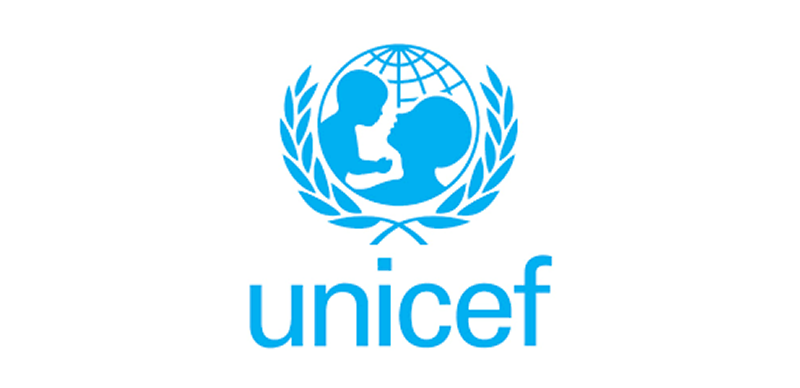596
By Lizzy Chirkpi
The United Nations Children’s Fund (UNICEF), in partnership with GAVI, has donated cold chain equipment worth $11 million to support Nigeria’s immunisation efforts and strengthen the country’s health infrastructure.
The donation includes 1,653 Solar Direct Drive Refrigerators, 165 sets of spare parts, and temperature monitoring devices, aimed at improving vaccine storage and distribution, especially in remote and underserved areas.
“This is a significant milestone in strengthening Nigeria’s healthcare system,” said Dr. Maharajan Muthu, UNICEF’s Chief of Health, during the handover ceremony in Abuja. “Cold chain infrastructure is the backbone of effective immunisation programs. These refrigerators will ensure that vaccines retain their potency and reach every child, leaving no one behind.”
Dr. Muthu added that the initiative aligns with GAVI’s goal of revitalising primary health care and supports Nigeria’s target of reducing zero-dose children by 50% by 2028.
Executive Director of the National Primary Health Care Development Agency (NPHCDA), Dr. Muyi Aina, confirmed the equipment will be distributed nationwide, with a focus on rural areas and regions with high disease burden. “One of the things we’re very mindful of is not procuring equipment that functions only for a couple of years,” he said. “We have 165 packs of spare parts and a 10-year maintenance agreement.”
Aina noted that 53% of the equipment will go to northern states and 47% to southern states, with deployment already underway. “The timing of this donation is perfect as we prepare for our integrated measles and rubella vaccination campaign in October,” he added.
WHO Acting Country Representative, Dr. Alex Gasasira, emphasized that the Solar Direct Drive refrigerators will ensure safe vaccine storage even in areas without reliable electricity. “This will reduce vaccine wastage, improve routine immunisation coverage, and enhance last-mile service delivery,” he said.



